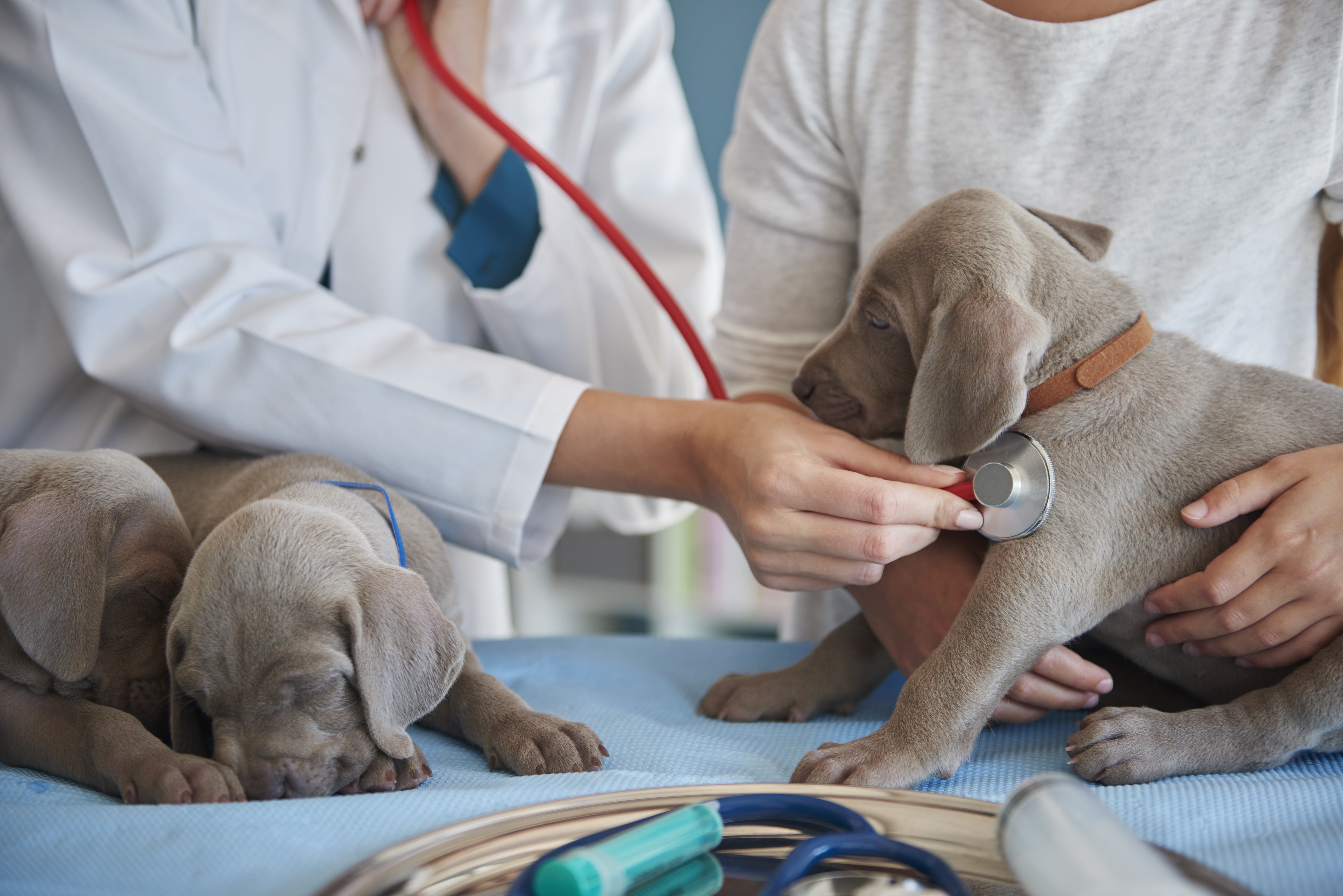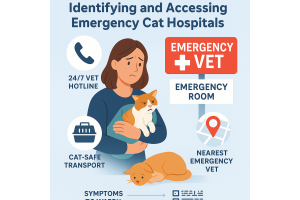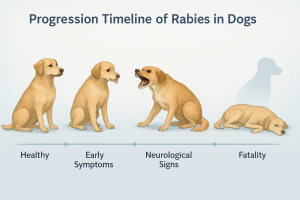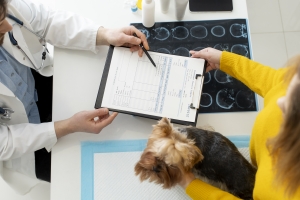The Importance of Regular Veterinary Check-Ups

Regular veterinary check-ups are essential for maintaining your pet’s health and well-being. Even if your pet appears healthy, routine visits to a veterinary hospital can help detect health issues early, prevent disease, and ensure they’re living their best life. Here’s why regular visits to a veterinary hospital are so important:
1. Preventive Care and Early Detection
Routine check-ups provide a chance for a veterinarian to catch any potential health issues early, before they become serious or expensive to treat. This proactive approach can save your pet from unnecessary suffering and can be life-saving in some cases.
- Preventive Vaccinations: Regular visits ensure that your pet stays up to date on important vaccinations, such as rabies, distemper, and parvovirus. Vaccines protect your pet from dangerous diseases and help keep them healthy.
- Parasite Control: Fleas, ticks, and worms are common problems that can affect your pet’s health. Regular check-ups allow the veterinary team to recommend parasite preventatives and perform testing for parasites.
- Dental Health: Many pets suffer from dental disease, which can lead to more serious health problems like heart disease and kidney failure. Regular dental check-ups allow a veterinarian to spot dental problems before they become severe.
2. Monitoring and Adjusting Treatment Plans
As pets age, their healthcare needs change. Regular check-ups allow a veterinarian to monitor your pet’s overall health and make adjustments to their treatment plan as needed.
- Adjusting Diet and Exercise: Regular visits help assess your pet’s weight, diet, and exercise routine, making sure they’re on track for a healthy lifestyle. Overweight pets are more prone to conditions like arthritis, diabetes, and heart disease, and adjustments can be made accordingly.
- Managing Chronic Conditions: For pets with chronic health conditions, such as arthritis, kidney disease, or diabetes, regular check-ups are vital for monitoring their condition and adjusting medications or therapies as needed.
3. Building a Relationship with Your Veterinary Team
Building a strong relationship with your veterinary team is important for the long-term health of your pet. Regular visits allow them to become familiar with your pet’s behaviour and medical history, which is especially important for diagnosing issues early.
- Trust and Comfort: Pets are often nervous about visiting a veterinary hospital, but a familiar veterinarian and staff can help reduce that anxiety. A pet that visits regularly is more likely to remain calm and cooperative during exams.
- Pet Care Guidance: Routine visits also give you the opportunity to ask questions and learn about your pet’s health. The veterinary team can offer advice on behaviour, nutrition, and general care to help you keep your pet in top condition.
4. Comprehensive Physical Exam
During a routine visit to a veterinary hospital, your pet will receive a full physical exam. The veterinarian will check their ears, eyes, mouth, skin, coat, and vital signs, including their heart and lungs. This helps identify any abnormalities or signs of illness that might not be apparent to you.
- Palpation of Abdomen and Limbs: The veterinarian will also palpate (feel) the abdomen and limbs to check for signs of pain, swelling, or abnormalities in organs or bones.
- Blood Tests: For older pets, blood tests may be recommended to assess organ function, detect early signs of illness, and ensure that your pet’s systems are functioning properly.
5. Timely Medical Intervention
By bringing your pet in for regular check-ups, you ensure that they receive timely medical intervention for any emerging health issues. Even subtle symptoms can indicate underlying conditions that might not be obvious. Routine visits allow the veterinary hospital team to identify and treat these issues before they become serious.
- Monitoring for Age-Related Conditions: Older pets are more susceptible to chronic conditions like arthritis, kidney disease, and cancer. Regular visits allow a veterinarian to monitor your senior pet for signs of aging and address any issues promptly.
- Early Cancer Detection: Many types of cancer can be treated successfully if caught early. A regular check-up allows a veterinarian to identify unusual growths or lumps, helping you take action before the disease spreads.






